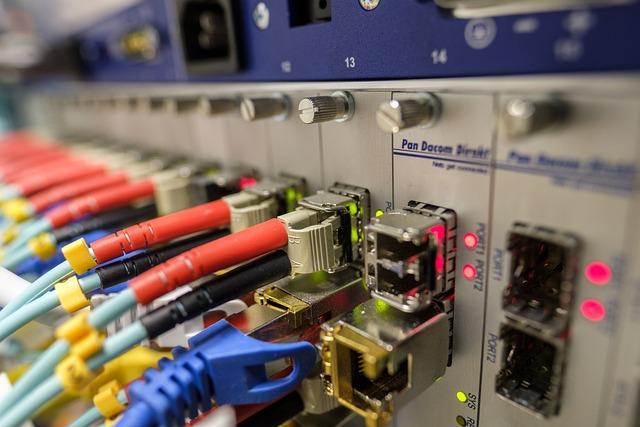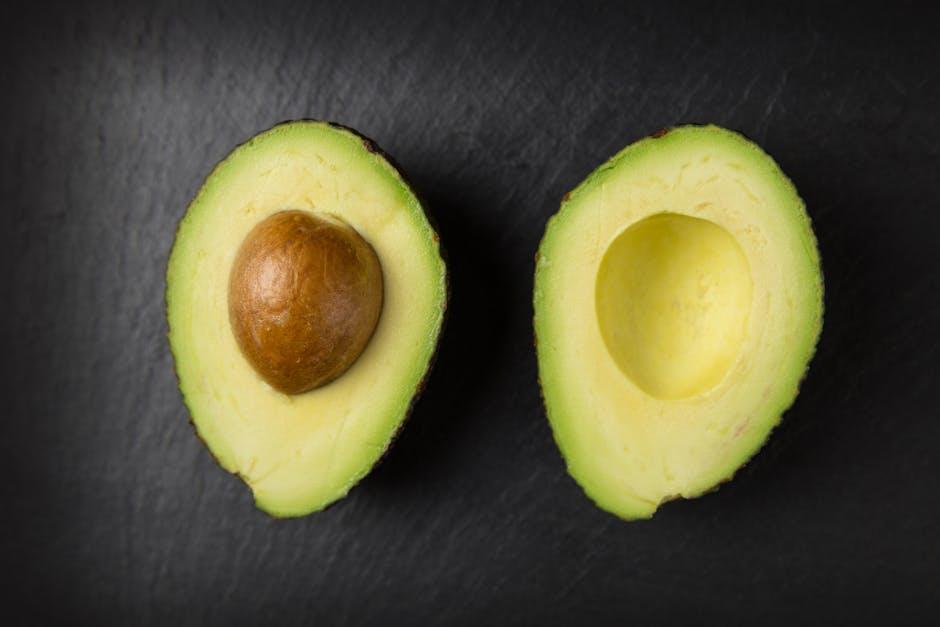Managing a healthy weight can often feel like navigating a complex maze of dietary advice and fleeting trends. It’s easy to become overwhelmed, but the journey towards a healthier you doesn’t have to be daunting. By focusing on nutrient-rich foods, you can support your weight management goals while nourishing your body. This guide aims to simplify your path by highlighting the best foods that not only satisfy your hunger but also provide essential nutrients. Let’s explore these powerhouse options and empower you to make informed, compassionate choices for your well-being.
Understanding Nutrient Density for Balanced Eating
When striving for balanced eating, focusing on foods that offer the most nutrients per calorie is crucial. Nutrient-dense foods provide essential vitamins, minerals, and other beneficial compounds without excessive calories. This approach helps in managing weight while ensuring your body gets what it needs to function optimally.
- Leafy Greens: Spinach, kale, and Swiss chard are packed with vitamins A, C, and K, as well as fiber and antioxidants.
- Berries: Blueberries, strawberries, and raspberries are rich in antioxidants and low in calories, making them perfect for a nutritious snack.
- Nuts and Seeds: Almonds, chia seeds, and flaxseeds provide healthy fats, protein, and important minerals like magnesium and zinc.
- Whole Grains: Quinoa, brown rice, and oats offer fiber and essential B vitamins, keeping you full and energized.
- Lean Proteins: Chicken breast, tofu, and lentils are excellent sources of protein without the extra calories from fat.
By incorporating these foods into your diet, you can enjoy meals that are both satisfying and beneficial for your health, supporting your journey towards a balanced lifestyle.

Incorporating Fiber-Rich Foods for Satiety and Digestive Health
Embracing fiber-rich foods is a compassionate choice for both your digestive system and your weight management journey. Foods high in fiber not only keep you feeling fuller for longer but also play a crucial role in maintaining a healthy gut. Consider adding these nutrient-dense options to your diet:
- Whole Grains: Quinoa, brown rice, and oats are excellent choices that offer a hearty dose of fiber.
- Legumes: Beans, lentils, and chickpeas are not only fiber-packed but also rich in protein.
- Fruits: Berries, apples, and pears provide natural sweetness along with a fiber boost.
- Vegetables: Broccoli, carrots, and leafy greens are versatile and fiber-rich additions to any meal.
- Nuts and Seeds: Almonds, chia seeds, and flaxseeds offer a crunchy, fiber-filled snack option.
Incorporating these foods into your daily meals can lead to a more balanced, satisfying diet, helping you achieve your wellness goals with kindness and care.

Embracing Healthy Fats for Sustained Energy and Wellbeing
Incorporating healthy fats into your diet is a powerful way to boost both energy levels and overall wellbeing. These fats, often misunderstood, play a crucial role in maintaining a balanced diet. When choosing fats, focus on those that are nutrient-dense and support sustained energy release. Here are some excellent options to consider:
- Avocados: Rich in monounsaturated fats, avocados provide a creamy texture to meals while supporting heart health.
- Nuts and Seeds: Almonds, walnuts, chia, and flaxseeds are packed with omega-3 fatty acids and fiber, perfect for keeping you full and energized.
- Olive Oil: This staple of the Mediterranean diet is loaded with antioxidants and healthy fats, ideal for cooking or as a salad dressing.
- Fatty Fish: Salmon, mackerel, and sardines are excellent sources of omega-3s, known for their anti-inflammatory properties.
- Coconut Oil: A versatile fat that can be used in cooking and baking, providing a quick source of energy due to its medium-chain triglycerides.
By integrating these healthy fats into your meals, you not only enhance flavor but also support your body’s energy needs and promote a healthy weight. Remember, moderation is key, and balancing these fats with other food groups will lead to optimal health benefits.

Choosing Lean Proteins to Support Muscle Maintenance and Growth
Incorporating lean proteins into your diet is a powerful way to support muscle maintenance and growth while managing your weight. These proteins are packed with essential nutrients and amino acids, crucial for repairing and building muscle tissue. Opt for sources that are low in saturated fats and calories but rich in protein content.
- Chicken Breast: A versatile option, it provides high-quality protein with minimal fat.
- Turkey: Another lean meat, turkey is perfect for sandwiches or salads.
- Fish: Options like salmon and tuna not only offer protein but also beneficial omega-3 fatty acids.
- Legumes: Beans and lentils are excellent plant-based protein sources, rich in fiber.
- Egg Whites: Low in calories and high in protein, they are perfect for a quick meal.
When selecting your protein sources, aim for variety to ensure a well-rounded intake of nutrients. Pairing these proteins with whole grains and vegetables can further enhance your dietary benefits, keeping you on track with your health goals.





